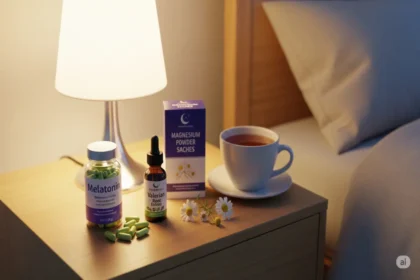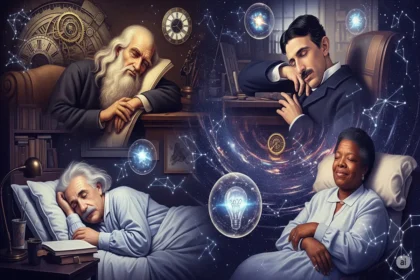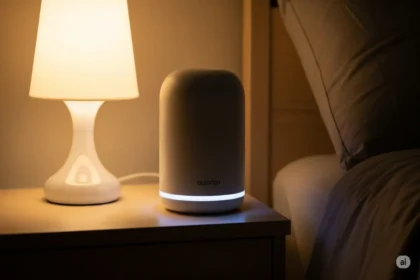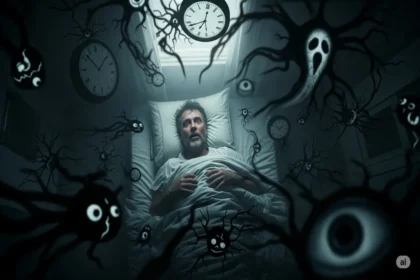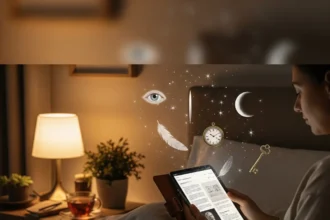Let’s get one thing straight: you don’t need more sleep. You need better sleep. And to get that, you need less stress—not just in your mind but in your day, your habits, and the way you live.
We’ve all been there. Tired but wired. Restless in bed. Scrolling for “just five more minutes.” Dreading tomorrow. Counting the hours left before the alarm screams at us. Or maybe it’s the other way around—you wake up feeling like a zombie because you overslept trying to escape life. Either way, your relationship with sleep feels more like a battle than a blessing.
But here’s the good news: it doesn’t have to be this way. You can stress less and sleep less—and still feel deeply rested and fully alive.
This blog isn’t going to give you medical mumbo jumbo or ten-step bedtime routines that feel more stressful than helpful. This is for the everyday human who wants to understand what’s really messing with their sleep—and fix it with real, practical tools.
Let’s Talk About Stress (Not the Instagram Kind)
Stress gets a bad rap. But not all stress is created equal.
Green Zone: Eustress
The good kind. That little buzz of energy before a presentation.The nervous excitement before a first date.
You’re in control. Alert. Alive. Engaged. Flowing.
Yellow Zone: Distress
Begins
The kind that comes when your boss calls you at 10 p.m. Or when your kid’s school emails you again.
You feel off. Irritated. Drained. Not fully yourself.
Red Zone: Full Distress
You’re toast. Mentally fried. Emotionally hijacked. You say things you don’t mean. You forget where you put your keys.
And when you finally get to bed, sleep becomes a stranger.
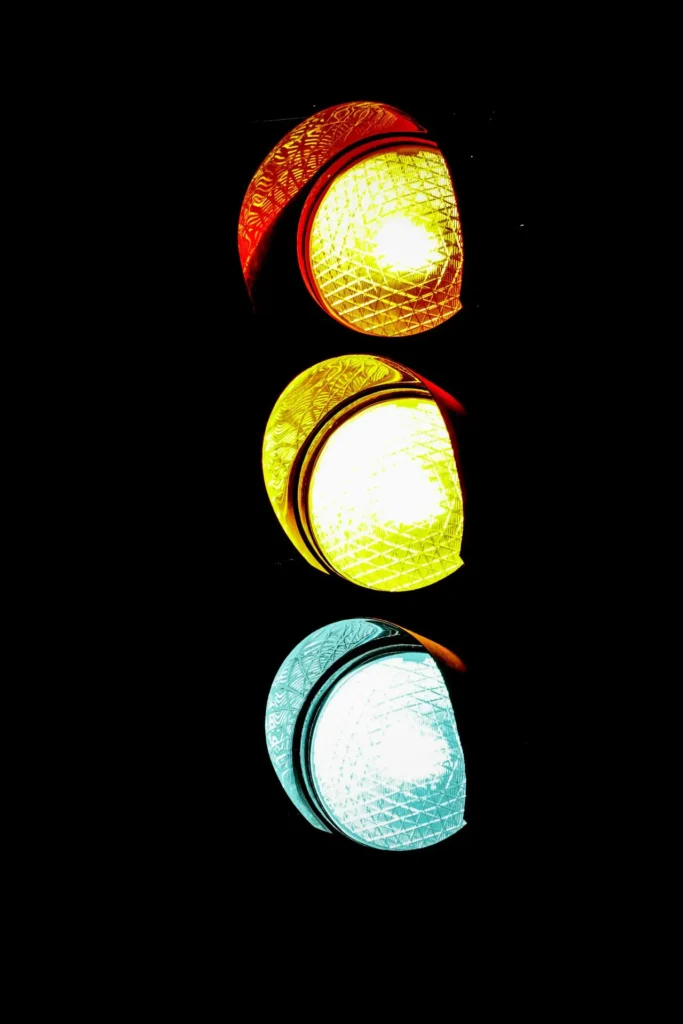
The Traffic Light Method
This traffic light method is how we track where we are with stress.
Green = in control.
Yellow = slipping.
Red = out of control.
We all cycle through these zones. The key is learning how to not get stuck in red—because that’s where bad sleep is born.
What’s Stressing You Out? It’s Not Just Deadlines.
Let’s take a quick moment of honesty here. What’s actually causing your stress?
Most people point to jobs, family, money, health. But stress doesn’t only come from situations. It comes from six invisible zones:

1. PEOPLE
The ones you can’t confront, the ones who expect too much, the ones who ghost you, or drain your energy.
2. PLACES
Your workplace, your home, even your bedroom can trigger subtle stress cues.


3. THINGS
Bills. Emails. Dishes. That blinking Wi-Fi router. Even your phone.
4. SITUATIONS
A never-ending to-do list, a breakup, being stuck in traffic, or waiting for test results.


5. MEMORIES
Stuff that happened years ago but still pokes at your peace.
6. FUTURE MEMORIES
AKA mental horror movies that haven’t even happened yet. “What if I fail?” “What if they leave me?” “What if I lose everything?” These future loops are deadly—and super exhausting.
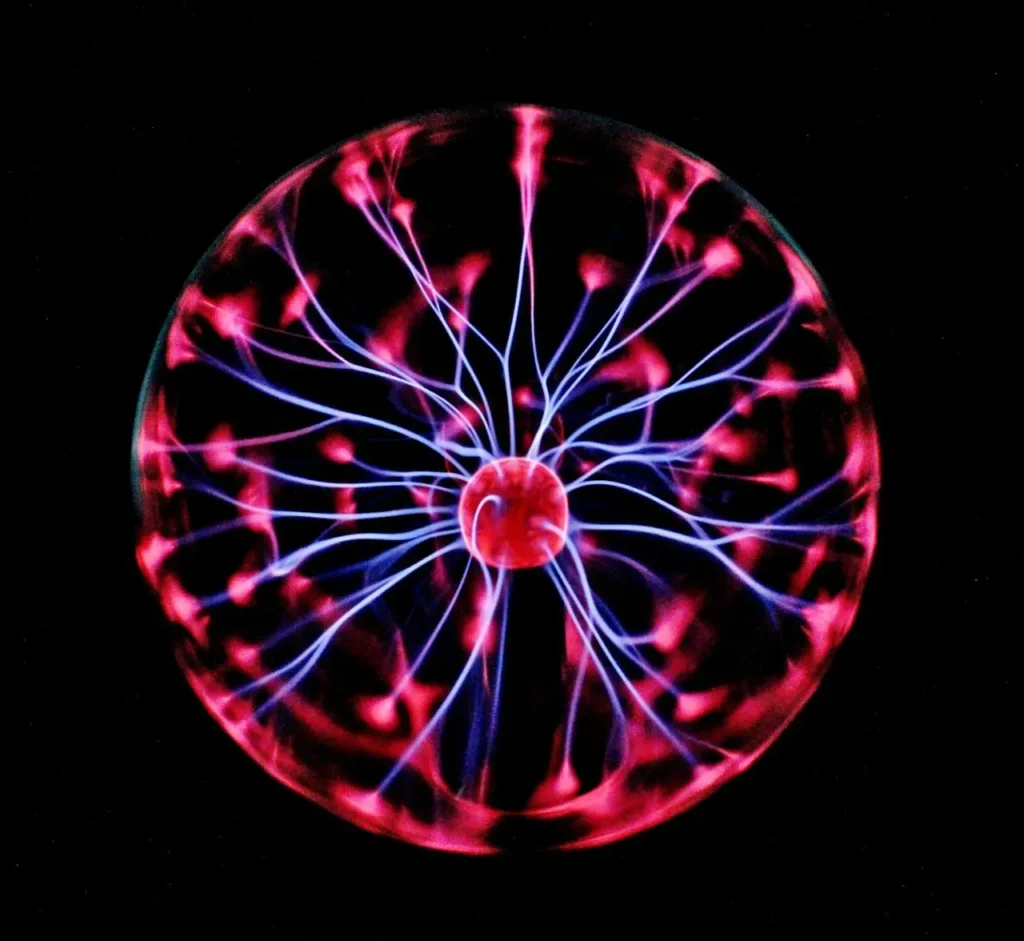
Want to know the worst part?
Your brain doesn’t know the difference between what’s real and what’s just being imagined vividly. So it reacts the same way to an angry boss as it does to a nightmare about losing your job. No wonder sleep becomes difficult.
The Digital Age is Hijacking Your Sleep Personality
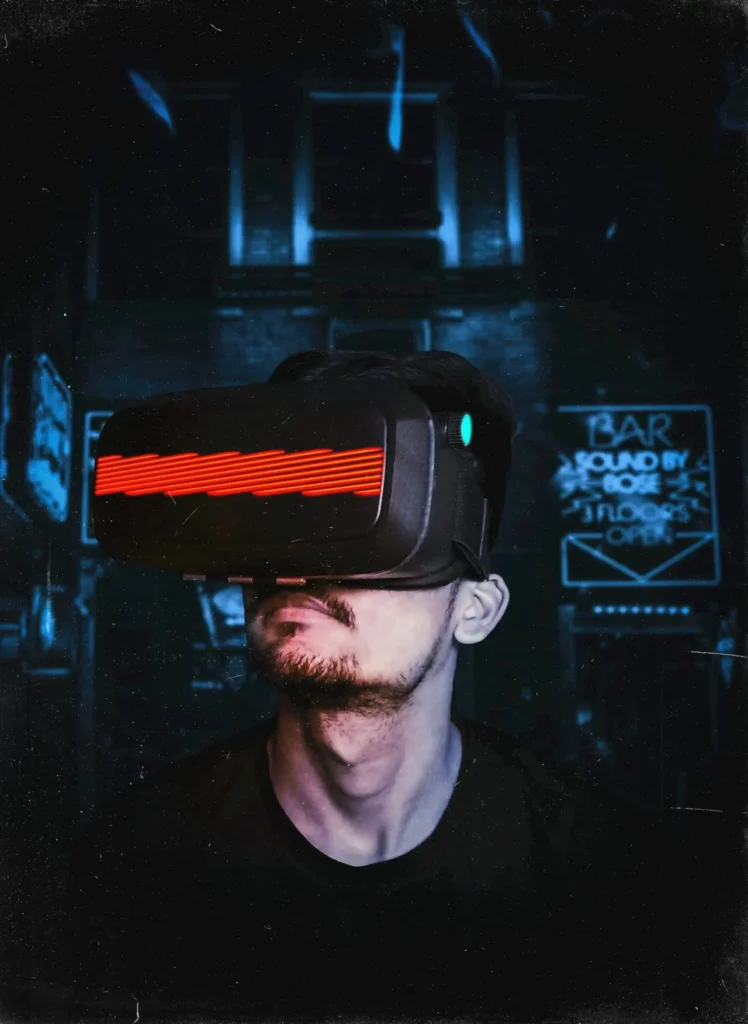
We live in a world where we’re “always on.” Phone pings. Group chats. News updates. Email alerts. Social media likes. Even your watch wants your attention.
We’re living in a 24/7 performance culture, where rest is seen as weakness and hustle is worshiped.
But here’s a truth we don’t talk about enough:
Most of us are no longer sleeping like ourselves. We’re sleeping like our digital avatars—plugged in, addicted to comparison, anxious about opinions, and constantly needing validation.
We sleep with our phones.
We wake up with our inboxes.
We carry the entire internet into our beds.
Is it any wonder we can’t find stillness?
We’ve outsourced our peace.
And it’s time to take it back.
7 Practical Stress-Busters That Actually Help You Sleep (Without Adding Stress)
You don’t need a 30-day program or a complete lifestyle overhaul.
You just need small, doable changes that create real impact. Try these:
Name Your Zone
Before bed, ask yourself: Am I in the green, yellow, or red?
No judgment. Just awareness.
If you’re yellow or red, take 5 minutes to breathe deeply, stretch, or write down what’s bothering you. Externalizing it shifts the energy.


Put Your Brain on Paper
Before bed, do a brain dump. Write all your worries, to-dos, ideas, and loops. Let them live on paper, not in your head.
Have a Bedtime “Landing Strip”
Treat sleep like landing a plane.
Create a 30-minute wind-down ritual—no screens, dim lights, soft music, light reading, or just silence. Nothing fancy. Just consistent.


Schedule Worry Time
Give yourself permission to worry—but on your terms.
Set 15 minutes a day to think about worst-case scenarios, problem-solve, or vent. When it creeps in at bedtime, tell yourself: “Not now. I already worried today.”
Switch the Loop
If your mind is stuck in a “future memory” of doom, flip it.
Instead of “What if I fail?” try “What if this works out?”
It sounds silly, but your brain starts to follow the direction you give it.


Protect Your Peace Like Your Password
Limit contact with energy-drainers—yes, even people you love.
Clean your digital space. Unfollow noise. Mute distractions. Create boundaries for when and how you interact online.
Redefine Rest
Sleep isn’t the only rest you need.
Micro-rest is powerful: 60 seconds of deep breathing.
5-minute walks.
Laughing with a friend.
Closing your eyes at lunch.
Rest is a mindset, not a mattress.

Less Sleep Can Be Better Sleep (If You Stress Less)
Here’s something wild: you may not need 8 hours of sleep. You might feel fantastic with 6.5—if your sleep is deep and clean. Or maybe you need 9 when life gets intense.
There’s no one-size-fits-all formula. What matters is your rhythm—not society’s rulebook.
Oversleeping can be just as stressful as insomnia. Both can be signs that your internal world needs a reset. Once you start managing stress, your body recalibrates. You wake up more refreshed—even with less time in bed.
Your Sleep Is Your Superpower. Reclaim It.
You weren’t born to be tired all the time.
You weren’t meant to sleepwalk through your days and collapse at night.
You have the power to redesign your relationship with stress—and, in turn, your relationship with sleep.
This isn’t about perfection.
It’s about paying attention.
One small shift at a time.
Stress less. Sleep less. Live more.

Feeling stuck in your stress cycle? Let’s change that.
If this blog resonated with you and you’re ready to break your pattern—I’m here to help.
I offer personalized coaching and workshops for individuals and teams to master stress, boost energy, and optimize rest using tools from neuroscience, emotional intelligence, and modern mindfulness.
Let’s work together to find your rhythm—one that makes you more rested, resilient, and alive.
Your best rest is just one choice away. Book a discovery call today.
(Dr. Rodney Paris is a certified transformation specialist and leadership coach with over 25 years of global experience, including 18+ years in Dubai’s luxury retail and corporate sectors. He holds certifications in Cognitive Behavioral Coaching, Emotional Intelligence, NLP, Mindfulness, and Hypnosis, and is the UAE’s first certified Success Mindset Maps practitioner. Rod combines evidence-based methods with deep inner work to help individuals and teams achieve lasting performance breakthroughs.)
Disclaimer: These are the personal opinions of the author.




